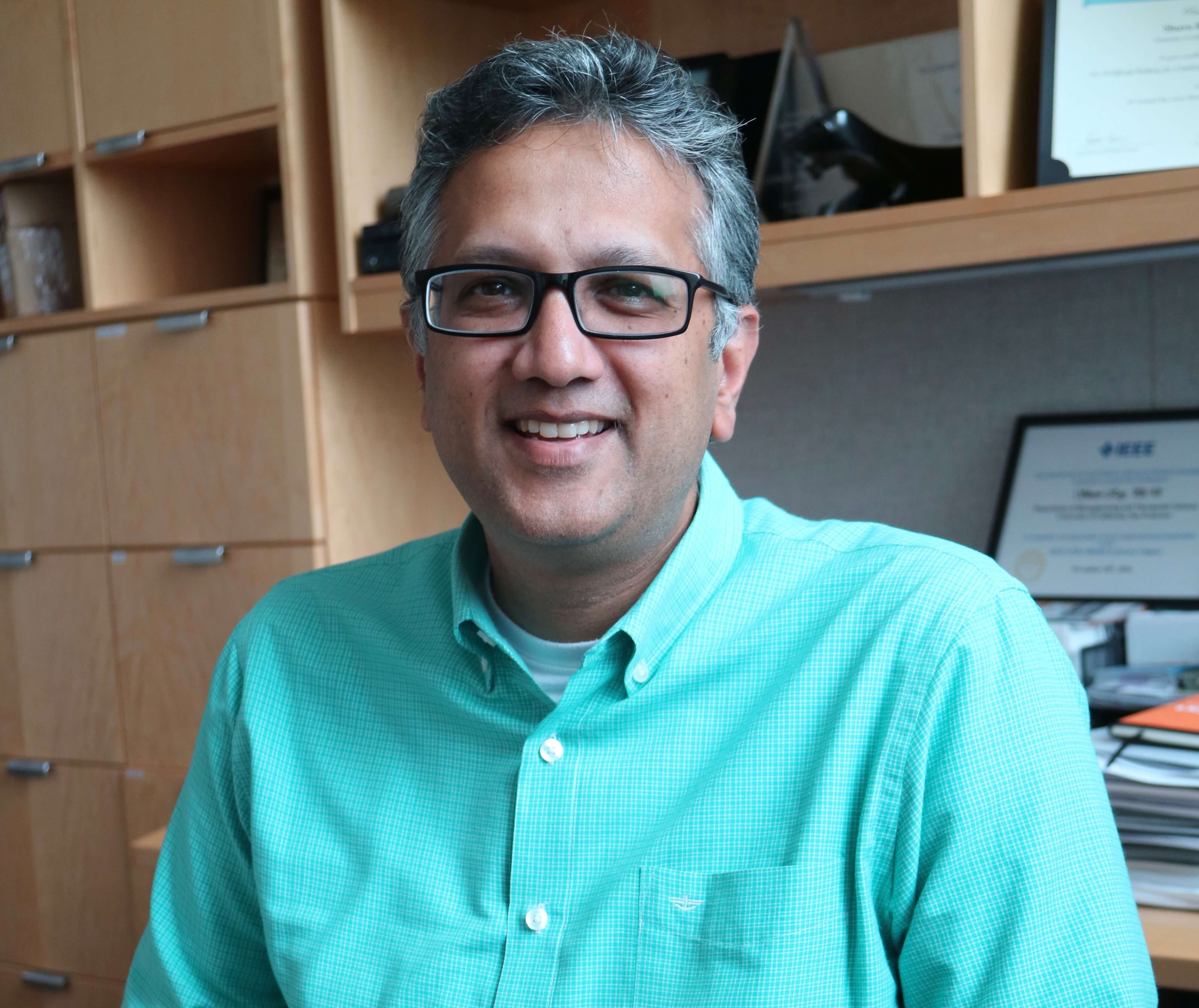
Q: In a couple sentences, tell me about what you do in your work.
A: I have a couple of academic responsibilities at UCSF. One is I am a researcher and biomedical engineer working on medical devices to address clinical needs for both the caregiver, practitioner, and patient. The other responsibility I have is teaching in the professional Master of Translation Medicine (MTM), PhD bioengineering, and PharmD programs.
Q: What’s your favorite part about being a scientist?
A: I love working with great colleagues, whether it’s professors, postdoctoral researchers, students, or staff and collaboratively tackling problems that we know will make an impact on healthcare.
Q: What have you worked on that you are most excited about?
A: We are working on a way to eliminate the need for dialysis. The vast majority of kidney failure patients can’t get a transplant kidney due to the severe shortage of donor organs. Consequently, they rely on dialysis- a cumbersome treatment that does not actually restore their health. In contrast, we are building a surgically implantable device that will replicate the key functions of a kidney transplant for these patients.
Q: At the end of the day, why does your work matter?
A: I believe what we do is going to help people who would otherwise suffer. That’s my source of inspiration.
Q: Outside of work, what do you do to relax?
A: I like cooking, especially barbecuing and grilling. I have also taken up gardening, which has its challenges but also invigorates me.
Q: What situation do you think you’d feel the most out-of-place in? What is something that makes you uncomfortable?
A: There are probably a few, but being asked to sing in front of an audience would be one.
Q: In 100 years, what do you want to be remembered for?
A: That’s a long time away! I hope that people would say I was a good colleague, good mentor and a good family man.
Journalism credit: Alexa Rocourt